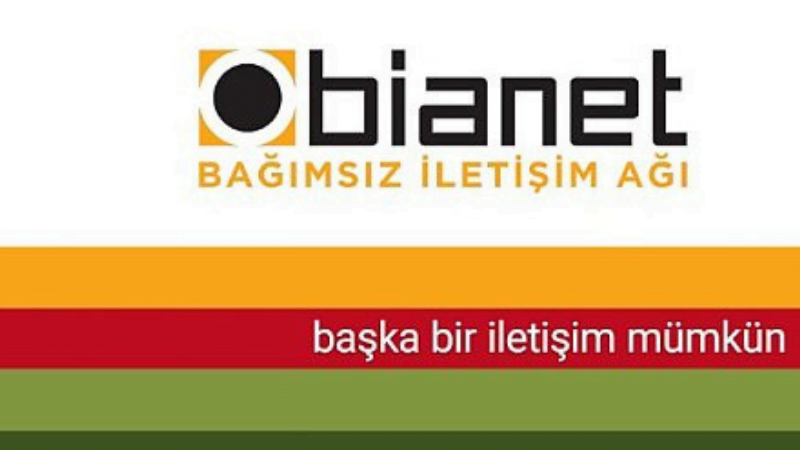A Turkish Court has blocked access to 136 websites, including independent news portal Bianet, in a move condemned by a number of international press freedom organisations.
The Ankara Third Penal Court ruled that the sites included in the ban “threaten national security”. No evidence was provided to support this assertion, critics have said.
Other sites banned include selected Facebook, Instagram, Twitter, YouTube, and Pinterest accounts as well as a number of left-wing news sites and independent media sources.
Bianet was established by former Reporters Without Borders (RSF) representative Nadire Mater in 1997. It receives a large portion of its funding from the European Commission via the European Instrument for Democracy and Human Rights and its focus is reporting on human rights within the country.
One of its contributors is the current RSF representative for Turkey, Erol Önderoğlu, who was recently acquitted of “terrorist propaganda” following a long-standing attack on his work from the Turkish government.
Önderoğlu said that “ever since its creation, this site has promoted peace journalism”. He added that this decision contradicted a recent announcement by President Erdoğan that it would no longer be possible to block a whole website because of one, single comment.
“Describing Bianet as a threat to national security is the height of absurdity,” Önderoğlu said.
RSF and other media freedom watchdogs condemned the decision by the Turkish Court calling it “arbitrary and draconian”.
They described the site as a “trailblazer in human rights journalism ever since its creation in 1997, specialising in the most sensitive subjects, including Kurdish issues, freedom of expression, violence against women and LGBTI rights.”
Bianet has been targeted by the Turkish judiciary before, managing to successfully appeal two cases of blocked articles on their site in December 2018 and April 2019. This time, the ruling will block over 200,000 articles that have been posted on the site over the last 22 years.
An online petition launched in support of the website and press freedom had over 1,500 signatures at the time of writing. “Our right to receive true and accurate news cannot be prevented; we demand freedom for Bianet, which has been prevented from publishing news, and all other digital news channels that have been blacked out,” it states, calling for the order to be revoked.
I call on #Turkey to end blocking of @bianet_org and other social media and news sites. Unhindered access to online news sources is key to ensure citizens can have access to credible, diverse and trustworthy information. See full statement: https://t.co/nx3qhG4lJc
— OSCE media freedom (@OSCE_RFoM) August 6, 2019
The OSCE Representative on Freedom of the Media Harlem Desir has called for an end to the ban, saying that “unhindered access to online news sources is key”.
The @EFJEUROPE calls on Turkish authorities to cancel the outrageous decision of Ankara 3rd Peace Judge to block access to 136 websites, including @bianet_org news portal#censorship
— Ricardo Gutiérrez (@Molenews1) August 6, 2019
Desir’s comments were echoed by Ricardo Gutierrez, the General Secretary to the European Federation of Journalists, as well as representatives from the Committee to Protect Journalists, the International Press Institute, the European Centre for Press and Media Freedom, and Civil Rights Defenders.
Turkey leads the world in terms of jailed journalists and those being charged with criminal or civil offences relating to their work. RSF described the authorities’ treatment of journalists as a “witch hunt”, noting the “elimination” of dozens of media outlets and the harassment of countless others.
“The rule of law is a fading memory in the ‘New Turkey’ of paramount presidential authority. Censorship of websites and online social media has reached unprecedented levels and the authorities are now trying to bring online video services under control,” the press freedom organisation said.












